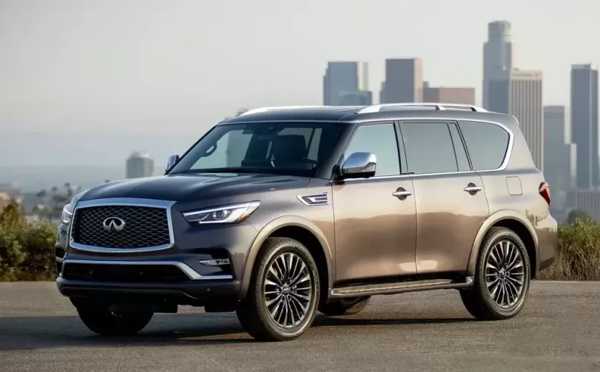Selecting the right SUV requires careful consideration of several factors that affect convenience, comfort, and performance. For families with busy schedules or individuals who enjoy outdoor adventures, SUVs can be an excellent choice. With so many models available, making an informed decision is essential.

Determining Space Requirements
Before exploring the wide variety of SUVs on the market, it’s important to evaluate how much space you truly need. Think about the number of passengers you usually travel with, the amount of cargo or gear you often carry, and your day-to-day routine. A smaller SUV may be adequate for solo commuting, while larger families often prefer models offering three rows of seats. Many SUVs also feature foldable rear seating, providing extra storage when necessary. This flexibility is especially useful for weekend trips or when moving larger items.
Performance and Driving Capabilities
Performance should be a central consideration when narrowing down options. Think about the typical driving conditions you encounter. If you anticipate off-road adventures or harsh weather, choosing an SUV with robust all-wheel or four-wheel drive is wise. Engine power, fuel efficiency, and the availability of hybrid alternatives are also worth reviewing. For those planning to tow boats, trailers, or other equipment, comparing towing capacities between models will be essential to ensure the SUV meets your needs.
Safety Features to Look For
Safety is a top priority when purchasing an SUV. Modern models often include advanced systems like adaptive cruise control, automatic emergency braking, and lane-keeping assist. Consulting safety ratings from organizations such as the NHTSA or IIHS can provide reassurance about a vehicle’s crash safety and reliability. It’s also valuable to check for additional driver-assistance technologies like blind-spot detection or rear cross-traffic alerts, which enhance overall confidence and ease while driving.
Budgeting and Long-Term Costs
Budget planning goes beyond the sticker price of the vehicle. Prospective buyers should account for insurance premiums, fuel costs, maintenance, and repairs. Luxury SUVs typically involve higher insurance expenses, so it’s important to plan accordingly. Exploring leasing programs, financing packages, and manufacturer incentives can also help stretch your budget. The smartest approach is to plan for both the upfront cost and the long-term expenses that come with ownership.
Importance of Test Driving
After creating a shortlist, test driving each option is an essential step. This firsthand experience allows buyers to evaluate driving comfort, visibility, handling, and overall ride quality. Every SUV has its own unique feel, so personal preference plays a big role. Test drives also give an opportunity to check features such as infotainment systems, seat materials, and interior layout, helping determine which model best aligns with comfort and expectations.
Considering Resale Value
Future resale value is another factor that should not be overlooked. Some SUVs depreciate faster than others, which can affect overall investment. Researching depreciation trends can highlight brands and models that maintain value more effectively. Well-regarded manufacturers known for durability and reliability often deliver stronger resale performance. Additionally, demand for certified pre-owned vehicles can help secure higher resale prices later on.
Final Thoughts
Taking the time to evaluate personal needs, safety options, financial factors, and performance capabilities makes the process of choosing an SUV both thoughtful and rewarding. By considering long-term costs, future value, and everyday functionality, buyers can feel confident that their chosen vehicle will serve them well. A carefully selected SUV can provide the perfect balance of practicality, comfort, and reliability for years to come.
